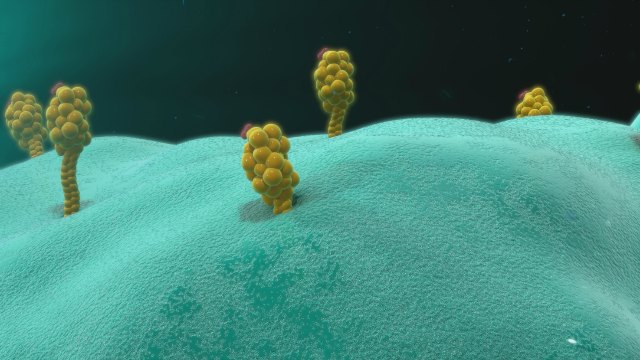 ISTOCK, 7ACTIVESTUDIOThe Food and Drug Administration yesterday (October 18, 2017) approved the chimeric antigen receptor (CAR) T-cell therapy Yescarta to treat patients with certain types of large B-cell lymphomas who have relapsed or not responded to two other types of cancer treatments. It is the second CAR T-cell therapy approved in the U.S.
ISTOCK, 7ACTIVESTUDIOThe Food and Drug Administration yesterday (October 18, 2017) approved the chimeric antigen receptor (CAR) T-cell therapy Yescarta to treat patients with certain types of large B-cell lymphomas who have relapsed or not responded to two other types of cancer treatments. It is the second CAR T-cell therapy approved in the U.S.
“Today marks another milestone in the development of a whole new scientific paradigm for the treatment of serious diseases. In just several decades, gene therapy has gone from being a promising concept to a practical solution to deadly and largely untreatable forms of cancer,” FDA Commissioner Scott Gottlieb says in a statement.
“There will likely be thousands of lives saved in the next few years because of it,” David Maloney, medical director of cellular immunotherapy at Fred Hutchinson Cancer Research Center, tells NBC News.
CAR T-cell therapies work by engineering a patient’s own immune cells to target cancer cells.
In August, the FDA approved a CAR T-cell therapy, Kymriah, produced by Novartis, for acute lymphoblastic leukemia. Like Yescarta, Kymriah was also approved only for patients ...

















